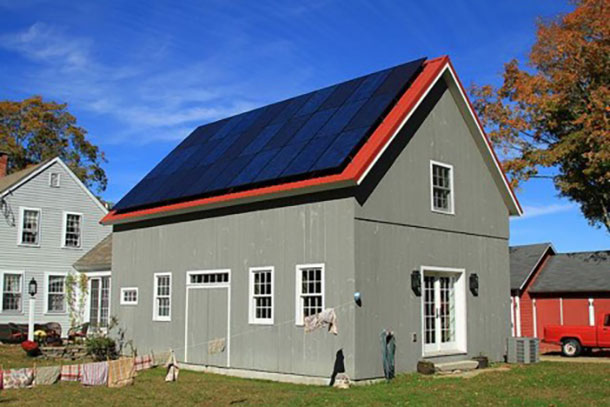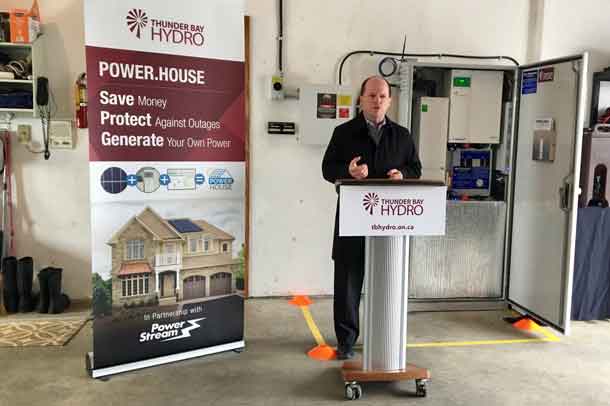If you’re in the solar industry, whether it’s as a salesperson, marketer, or installer, then chances are you’ve heard the name Rich Feola. Feola is the CEO of Clean Energy Network, a platform that spans 45 states and matches homeowners with verified solar sales companies in their region. A company like this is imperative to the solar industry, as stories of people getting scammed and lied to has made many homeowners hesitant to pursue solar panel installation.
Feola isn’t just the CEO of The Network, he also educates homeowners in an effort to help them make the best decision for them and their home. He shares information on tax incentives the government provides for homeowners who make the switch, and he also provides invaluable advice for anyone looking for a reputable company to purchase panels from.
For those with concerns about the legitimacy of solar companies and don’t know how to choose the best provider when they decide to make the switch, Feola is a well of knowledge.
“For homeowners that are interested in solar panel installations but don’t know how to choose the best provider, there are three specific things you need to look for. If the company you are working with doesn’t meet these requirements, you need to find one that does,” he said. “Here are the top three things you should be looking for.”
1. The installation company has done at least 300 installs in your metro area.
You should only work with a certified solar engineer and electrician with a reputable solar company, and a reputable company is going to have installations under their belt. Any company that tries to sell you solar and set up installation but doesn’t have client testimonials or proven sales is not a company you should put your trust or your money into.
2. The company has adequately explained if you qualify for the Federal Tax Credit and other government incentives.
Many homeowners save between $100 and $500 per month by simply switching to solar, with no extra cost to them, but there are additional incentives.
There is a federal tax credit currently valued at 30% that essentially means if you switch to solar, you have a dollar for dollar reduction in taxes that is valued at 30% of your solar system. Many families have paid no tax in the year that they obtained solar, which means they got a tax refund at the end of the year for going solar.
Many states and utility companies also have additional tax credits or rebates available for homeowners and states, and areas such as Massachusetts, New Jersey, Rhode Island, Illinois, Utah, Arizona, South Carolina, and San Antonio, Texas are just a few of the regions that offer these benefits.
Any company that doesn’t inform you of the credits available to you or the possibility that you could switch to solar with no upfront money from you isn’t a trustworthy company. They just want your money and don’t care for you as a client, and you should avoid them.
3. There’s at least a 25-year warranty on the panels, and a 10-year workmanship warranty on the installation project.
If you’re purchasing solar panels, you need to ensure that they can be fixed at no cost to you if something goes wrong with them, especially if something goes wrong with them shortly after installation. No warranty is another indication that you aren’t working with someone reputable. It’s an indication that your system is faulty, and not only do they know it, but they also have no intention of fixing it once you catch on.
In addition to the warranty, you also need to ensure that the company has an adequate customer service department in case you ever need your solar panel system serviced in the future. The warranty won’t help you much if there isn’t someone to answer your call and schedule the fix.
With these three things in mind—making sure the company has previous installations, making sure the company educates you on potential savings, and only purchasing panels with warranties—you can avoid making a decision that will only harm you in the long run, instead of one that provides numerous benefits, like switching solar is supposed to do.
About Clean Energy Network
Clean Energy Network connects customers with verified local solar installers across the United States with maximum savings. It has been featured in CNN, Forbes, FOX, MSNBC, and USA Today. To get a quote for your home, please visit https://cleanenergynetwork.com







